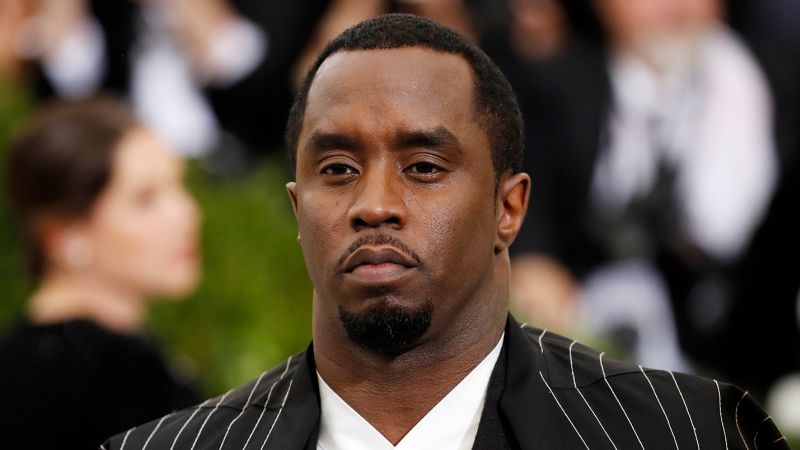The recent verdict in Sean “Diddy” Combs’ federal sex trafficking trial marked a significant moment both legally and socially, as it shed light on the complexities of the legal system and the intricate narratives surrounding high-profile celebrity cases. On Wednesday, Combs was denied bail following a jury decision that resulted in his conviction on two lesser charges of transportation to engage in prostitution. However, he was acquitted of the more severe charges, including racketeering conspiracy and sex trafficking, which could have led to a life sentence. Instead, he now faces a maximum potential sentence of 20 years in front of him, though legal experts suggest the actual time served may be shorter.
The trial captured a wide public audience, given Combs’ status as a music mogul and celebrity. Despite being convicted on two counts, CNN Senior Legal Analyst Elie Honig pointed out the peculiar nature of the verdict, highlighting that Combs, in a way, emerged victorious by avoiding the most severe charges that could have significantly impacted his future. “It’s a bit of a paradox,” Honig noted, as Combs’ defenses argued that the sexual activities involved were consensual, and his team made efforts to challenge the credibility of the accusers who sought monetary compensation from him.
The proceedings were characterized by intense accusations from prosecutors, who alleged Combs led a criminal operation involving violence and coercion to compel two women, Casandra “Cassie” Ventura and another identified as “Jane,” into engaging in explicitly sexual acts with male escorts referred to as “Freak Offs.” Combs’ legal team steadfastly denied any criminal conduct, referencing consensual relationships to mitigate the severity of the charges.
Throughout the trial, the atmosphere fluctuated with anticipation as each new allegation and piece of evidence was scrutinized. Combs’ defense tactic centered around delegitimizing the testimonies provided by the women, suggesting they sought financial gain from their allegations. This approach looked to cast doubt on the integrity of the accusations they made against the hip-hop mogul, positioned against a backdrop of ongoing civil lawsuits and public scrutiny where Ventura had previously accused Combs of rape and abuse.
One of the key aspects of the trial focused on the legal principles of the Racketeer Influenced and Corrupt Organizations Act (RICO), which was employed by prosecutors to argue that Combs and his associates were essentially running a criminal enterprise. However, the jury’s not-guilty decision on these more severe charges indicates they were not convinced by the prosecution’s claims of such an operation existing, nor that Combs had engaged in actions that would constitute the legal benchmark for conviction.
The results of the trial represent a significant setback for both prosecutors and the accusers, who have claimed prolonged abuse at the hands of Combs. In testimony, both women alleged that they were controlled financially and psychologically, with Ventura stating she signed to Combs’ record label at the young age of 19, while Jane recounted experiences where Combs used threats to manipulate her involvement in illicit activities.
The particulars of the verdict suggest a complicated relationship between the alleged victims and Combs. Although Combs was found guilty of transportation charges, the jury seemed to reject key elements of the prosecution’s broader narrative, which included coercion and organized crime strategies typically associated with racketeering cases. The professional and personal lives of all parties involved were laid bare, exposing vulnerabilities and the potential exploitation often faced by women in entertainment spaces.
In the wake of the trial, Combs now faces sentencing for the transportation charges he was found guilty of, and the scope of his legal troubles extends beyond criminal matters, as he is concurrently grappling with civil lawsuits that carry a lower burden of proof based on “preponderance of the evidence.” The judicial decisions surrounding these allegations are likely to influence the ongoing discourse about consent, power dynamics, and accountability within the entertainment industry, particularly in light of the #MeToo movement.
As the case unfolds, the implications will resonate beyond the individuals involved, examining the broader cultural attitudes toward celebrity, justice, and the societal responsibilities that accompany fame. The trajectory of Combs’ legal battle reflects ongoing dialogues about systemic issues within the justice system, particularly in cases involving power and sexual misconduct, ultimately shaping the perceptions and actions of both the legal system and public sentiment toward such prominent figures.











